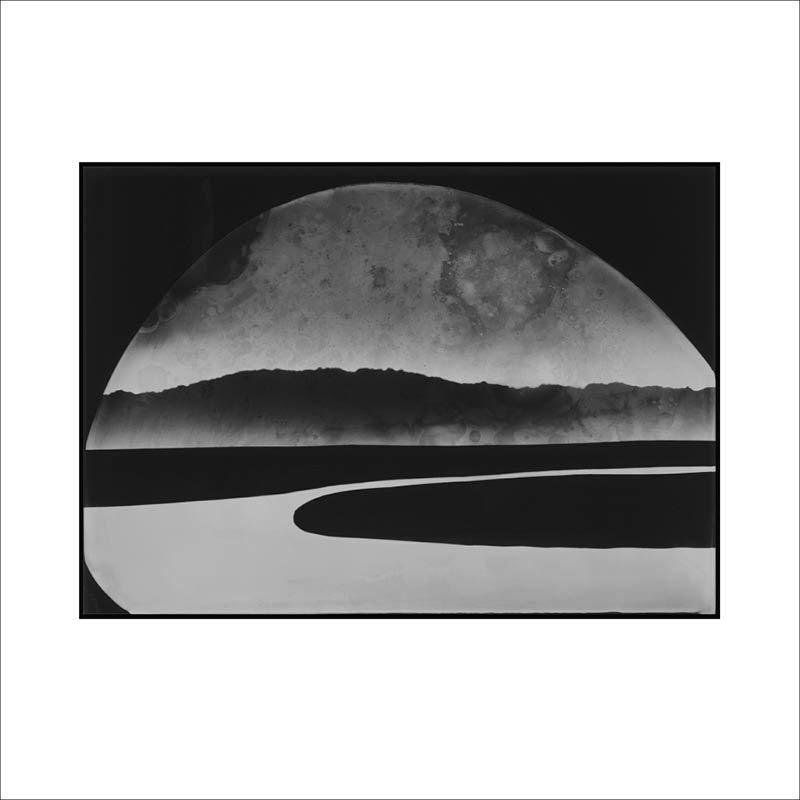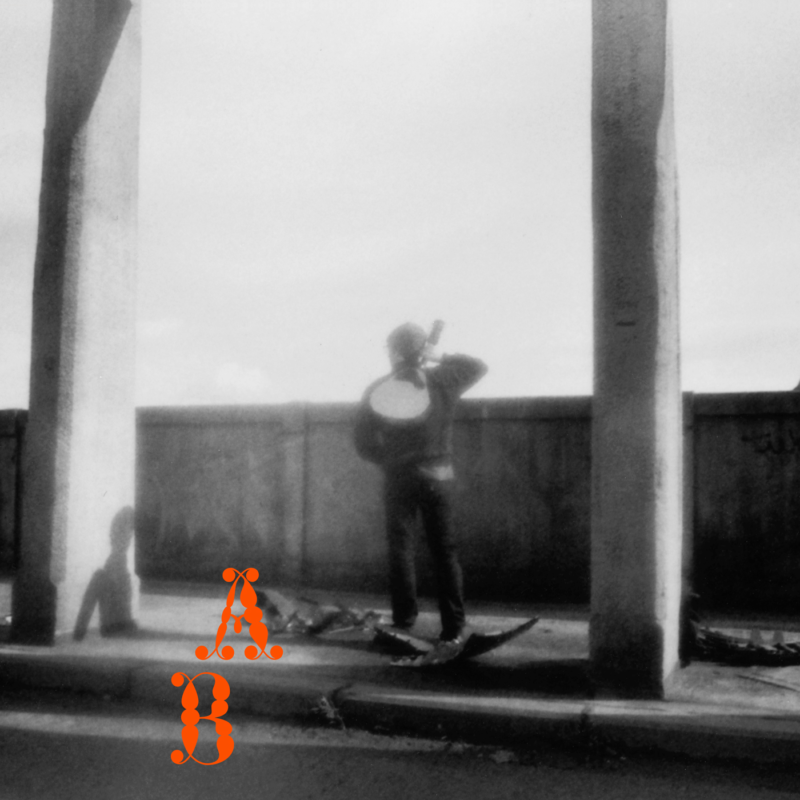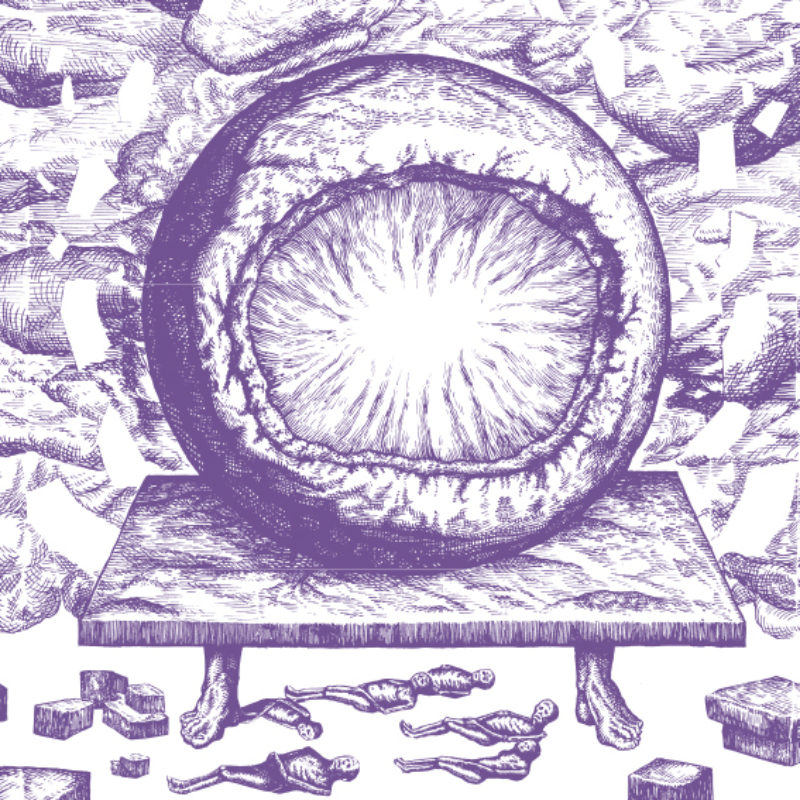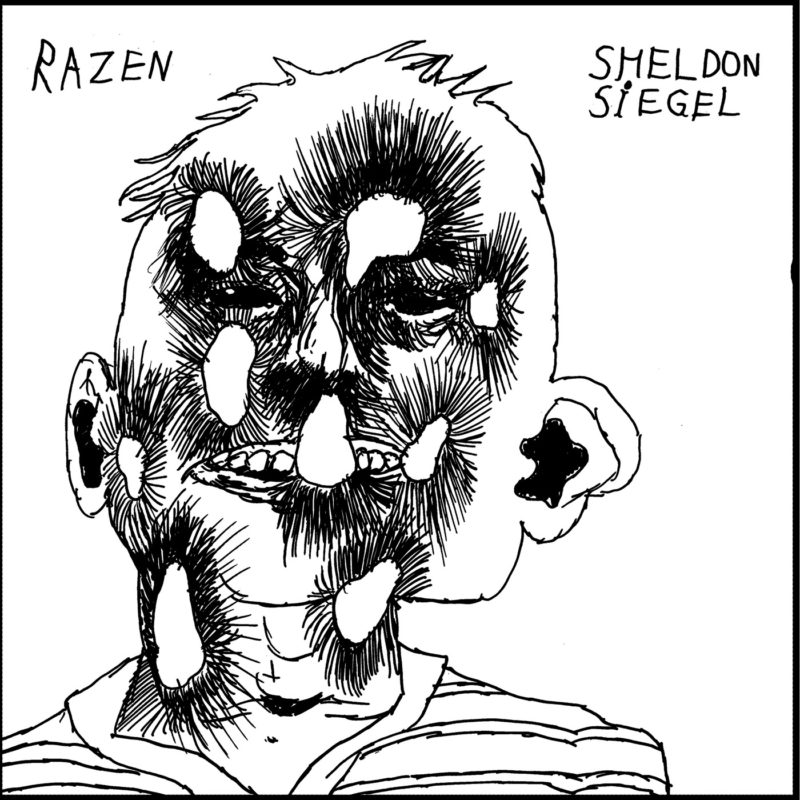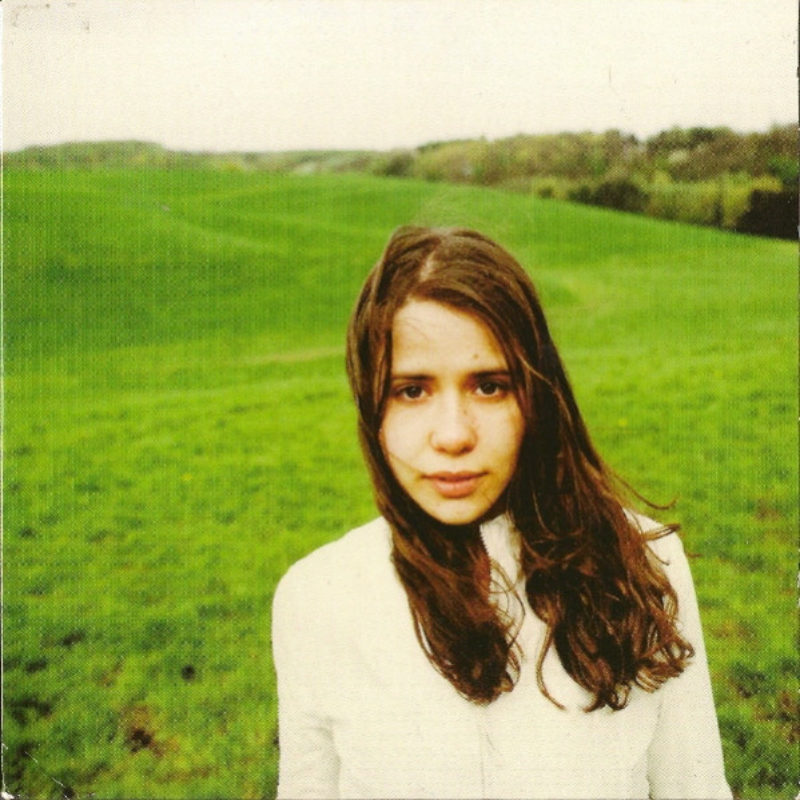Editorial issue n° 12
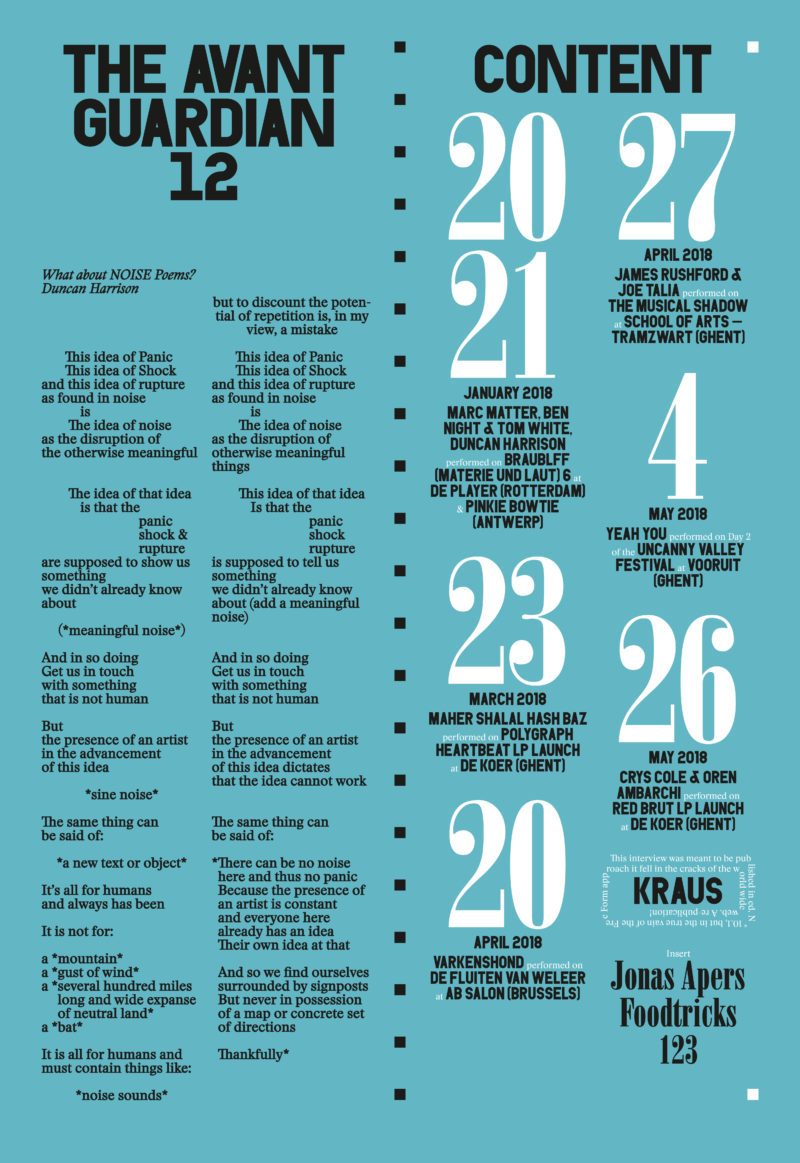
NEUKÖLLN, BERLIN. SUMMER 2018. The poet sits down on the terrace of his favorite Italian coffee place. He is pondering the subtle differences between ‘bimonthly’ and ‘biweekly’. Irrelevant thoughts at the margins of contemporary society, he realizes. Barely worth a footnote, nor spending time and effort on. He checks his phone and while scrolling it becomes clear that the ‘bigger story’ dissolved ages ago. He swears:“Fucking avant-gardists”. The footnotes have become the story. The poet is a romantic soul, clinging to outdated concepts of immersion and to his inner rumblings and longing. He longs for the unwritten.
He lights a cigarette over a coffee and starts his job: finding strategies to avoid writing the ultimate poem. Main strategy: wondering if the ultimate poem has a right to exist; another successful one is procrastination. Actions by his fellow poet Kenneth Goldsmith comes to mind. The poet is jealous; Goldsmith produced what he considers to be the most important poem of this age. It could be the most important artwork as well, and the most important composition, novel and painting. Goldsmith published One Online Square Kilometer of Black Pixel.
“I don’t believe that he did it, I curse his gigantic balls and insanely wild imagination; I hate him” mumbles the Poet. He knows that his life as a Romantic is over, because Kenneth Goldsmith put into form what the Poet was looking for (or what he was avoiding). He suddenly feels the urge to throw his cup through the windows of the bar. He curses himself and considers suicide. The poet is angry, “outrageous” he says to himself. “incroyable, sale pute”.
He wants to buy a pound of opium to disappear in Goldsmith’s poem. It’s an endless scroll down and right. The conceptualization of the Absolute Waste of time. An all-encompassing action of procrastination. It says everything and nothing. It’s hopeful and utterly nihilistic. It exhumes lighthearted emptiness. “And the asshole is now printing it as well, to make a novel out of it! Devilish genius”
The poet has to do something, he cannot live without action. His life and honor are at stake. He wonders what humanity has become, and realizes that this idea is useless and obsolete. It’s from past times. The Poet is paralyzed, unable to act. An act is the only way out. He tries to picture how long it would take to scroll to the end. He gets up, bends over, pushes his thumb to the ground like it would be a screen. He scrolls the surface. In the blazing August sun he walks 1 kilometer backwards, his thumb scratching the ground. “Finally! An act! A poetic gestural performance!” he cries.
His heart bursts open and the longing gulps out and runs into the gutter. He stops the action to send a message to his composer friends. “STOP COMPOSING! IT’S USELESS! DON’T HUMILIATE YOURSELF!” He knows that music — like poetry, its nephew — is dead.
He is back on the terrace, sweating. He looks around. Nothing has changed; his hands shaking. Silently he thanks Goldsmith. The Poet’s mind is free, it opened for new forms, thoughts and emotions. He can be happy, he can leave poetry for what it is. Action will erase longing, thinking and feeling. “I should call Kenneth, and ask him what he thinks about recording the Poem” he thinks. “I will read the pages aloud. It’ll be a beautiful text-sound composition. I’ll send it to these Belgian/Dutch Braublff series; I will be satisfied if my proposal will be ignored, if it’s lost in the digital void. It will earn its merit by becoming a document of an obsolete act on various levels.” He realizes that the core of poetry lies in its incapability to act. Again he looks around, and everything is still as it was.
